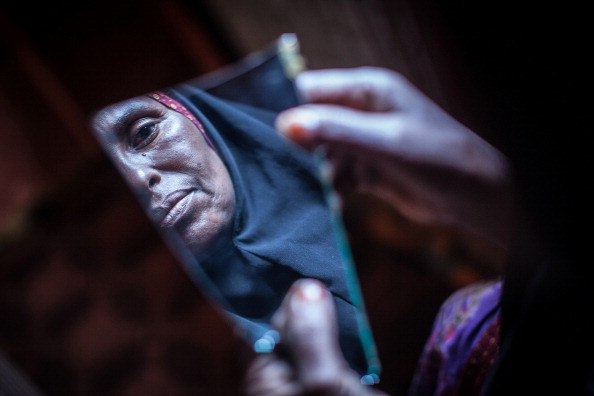Female genital mutilation: Mental health services to be developed for victims in UK

Victims of female genital mutilation will be provided mental health support in England, the Department of Health said. The practice, which is illegal in the UK, involves intentionally altering or injuring the female genital organs for non-medical reasons.
The government's announcement comes on the International Day of Zero Tolerance for Female Genital Mutilation (FGM), which falls on 6 February. New mental health services will be developed to train NHS healthcare professionals on understanding how to treat FGM's mental health implications on women, BBC reported.
"I think it's the next obvious step in how we support girls and women who've been through FGM," public health minister Jane Ellison said. "We've made a lot of progress on the physical side of things but what really comes through from the conversations that you have with people who've been through FGM, is that the trauma can stay with them for a lifetime," she added.
With online training tools and guidance, the health services will ensure that staff are better equipped to deal with the long-term effects of the practice on women and to cater to their mental health needs.
Prevalent as a cultural, religious and social practice within families and communities in Africa, the Middle East and Asia, FGM causes long-lasting physical and psychological damage. According to the NHS, young victims receiving psychological counselling in the UK have reported feelings of betrayal by parents, as well as regret and anger.
"Case histories and personal accounts taken from women indicate that FGM is an extremely traumatic experience for girls and women, which stays with them for the rest of their lives," it says.
An estimated 137,000 women in the UK are affected by FGM, sometimes referred to as female circumcision. However, the true extent is unknown due to the "hidden" nature of the crime, the NHS says. Globally, it is estimated that at least 200 million girls and women alive today have undergone some form of FGM.
© Copyright IBTimes 2025. All rights reserved.




















